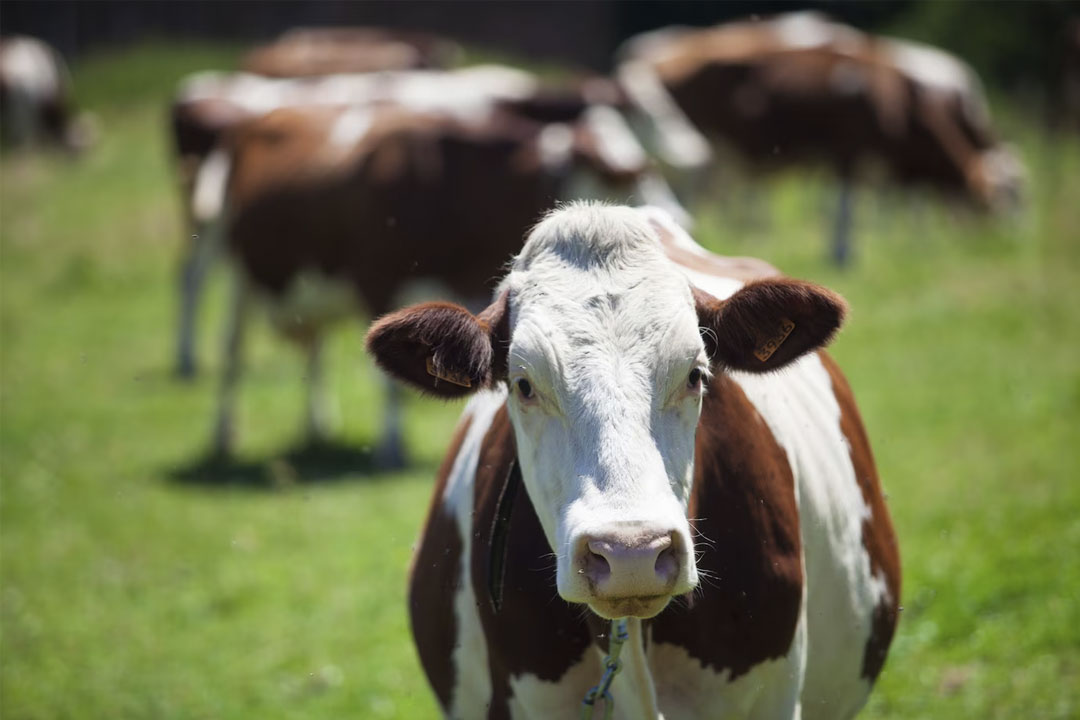
A New Chapter in Dairy Health Collaboration
For nearly half a century, the Botswana Vaccine Institute (BVI) has stood as a pillar of livestock health across Southern Africa. As Zimbabwe’s sole supplier of livestock vaccines, BVI is now charting a fresh course—one that places technical collaboration and hands‑on support at the heart of its mission. Next week, BVI will attend the Zimbabwe Association of Dairy Farmers (ZADF) annual general meeting for the first time ever, signalling its commitment to go beyond distribution and truly partner with the nation’s dairy sector.
From Distribution to Deep Engagement
Zimbabwe boasts a national herd of 5.7 million cattle, of which 67 000 are dedicated to dairy production. While BVI has reliably delivered vaccines for decades, the institute’s leadership recognized a gap: Zimbabwe’s dairy farmers needed more than just products. They needed expertise to detect, diagnose, and manage diseases in real time.
In a recent interview, BVI chief executive officer Andrew Madeswi explained, “We have historically been the sole supplier to Zimbabwe, which in turn manages the vaccination campaigns. Out of the 5.7 million cattle in Zimbabwe, 67 000 are in the dairy sector. We find this to be a compelling story for us to begin to work with the ZADF and decided to attend their AGM for the first time this year so that we could interact with them and hear them out.”
This shift from simple supply chain logistics to proactive, field‑level engagement marks a milestone in regional animal health.
Technical Support at the Forefront
BVI’s participation at the ZADF AGM underscores a broader vision: to bolster herd health through integrated services. Their agenda includes:
- Disease Surveillance: Real‑time monitoring of disease outbreaks to ensure rapid response.
- Diagnostic Services: On‑site testing and laboratory analysis to identify pathogens early.
- Post‑Vaccination Interventions: Follow‑up support to evaluate vaccine efficacy and manage any complications.
By offering these services, BVI aims to minimize production losses, reduce the risk of zoonotic spill‑overs, and improve overall farm profitability.
Addressing the Foot‑and‑Mouth Threat
Foot‑and‑mouth disease remains one of the most pressing threats to regional livestock. Wildlife reservoirs, especially buffalo populations, can harbour the virus and spark outbreaks that decimate herds within weeks. Although Zimbabwe has one of the strongest mechanisms for disease control including vaccination campaigns and zoning, the risk of spread persists.
Madeswi cautioned at the interview, “Foot‑and‑mouth disease is an imminent regional threat. Our expanded role means we can work hand in hand with farmers and government agencies to tighten surveillance and response times.”
Scaling Production and Research
To support this heightened engagement, BVI is ramping up vaccine manufacturing capacity. Advanced facilities in Botswana are being upgraded to produce greater volumes, ensuring that vaccine availability never lags behind demand. Concurrently, the institute is intensifying research and development efforts to tackle emerging pathogens and adapt existing vaccines for new disease strains.
“BVI is currently expanding its production capacity to be able to adequately facilitate the region. We are also growing our research and development to enhance our responsiveness as well as deal with emerging trends in animal diseases,” said Madeswi.
These investments reflect BVI’s ambition to remain at the forefront of veterinary science in Southern Africa.
Spotlight on Sustainable Milk Production
Scheduled for July 23, 2025, the ZADF AGM carries the theme Promoting Sustainable Milk Production Growth. The event will draw dairy farmers, industry experts, and policymakers to Harare for a full day of panels, workshops, and networking. Among the distinguished guests is Anxious Jongwe Masuka, Zimbabwe’s Minister of Lands, Agriculture, Fisheries, Water and Rural Development, who will address the intersection of agricultural policy and on‑farm practices.
BVI’s CEO will deliver a keynote on leveraging technical collaboration to achieve sustainable milk yields, reduce disease‑related losses, and enhance profitability for small‑scale and commercial producers alike.
A Legacy of Independence and Innovation
Founded in 1979 as an autonomous, self‑financing entity wholly owned by the Government of Botswana, BVI has charted its own course in vaccine development and distribution. Its success has been built on a foundation of scientific rigor, public‑private partnerships, and a mandate to serve animal health needs across borders.
Looking Ahead
As BVI steps onto the ZADF AGM stage, it brings more than vials of vaccine. It brings a promise: to stand shoulder to shoulder with Zimbabwe’s dairy community, offering knowledge, resources, and unwavering support. For farmers grappling with disease pressures and market uncertainties, this new partnership could be the key to healthier herds and stronger yields.
Key Takeaways:
- BVI shifts from sole vaccine supplier to technical collaborator.
- Focus on disease surveillance, diagnostics, and post‑vaccination support.
- Expanded vaccine production and R&D to tackle emerging threats.
- Engagement at ZADF AGM aimed at promoting sustainable milk production.
This expanded role in Zimbabwe signals a new era of regional cooperation, where shared expertise and innovation drive livestock health and dairy productivity forward.
Original Article written By Farming Reporter
Stay updated with the latest farming tips and agriculture industry news from Africa by subscribing to our newsletter. Don’t miss out on valuable insights and updates. Follow us on Twitter, LinkedIn, and Facebook to join our farming community and stay connected with us.


















